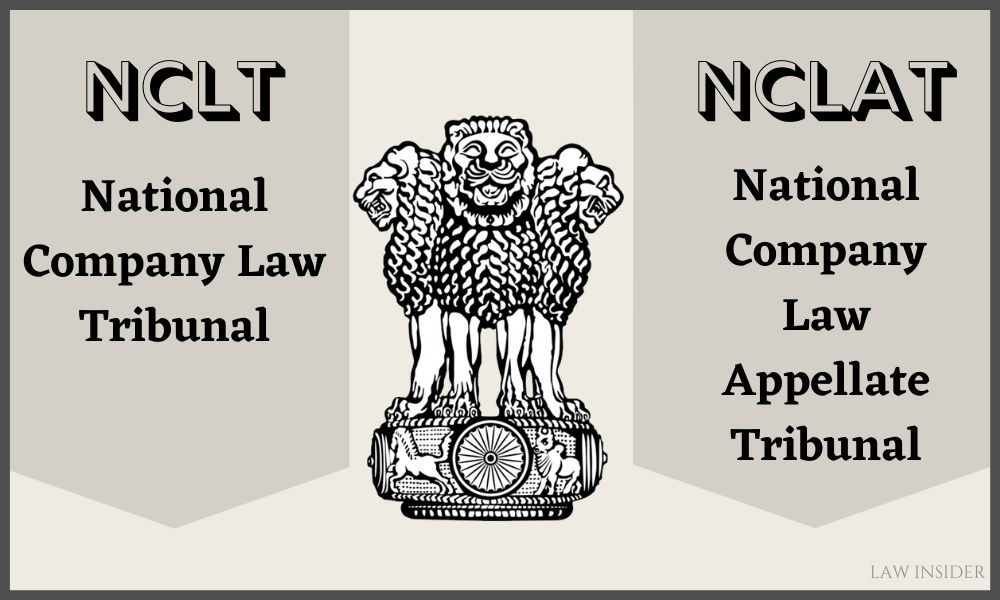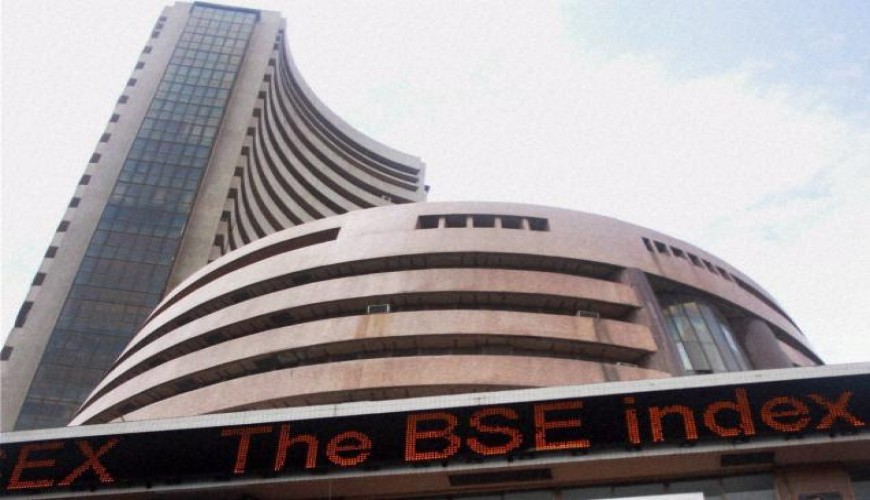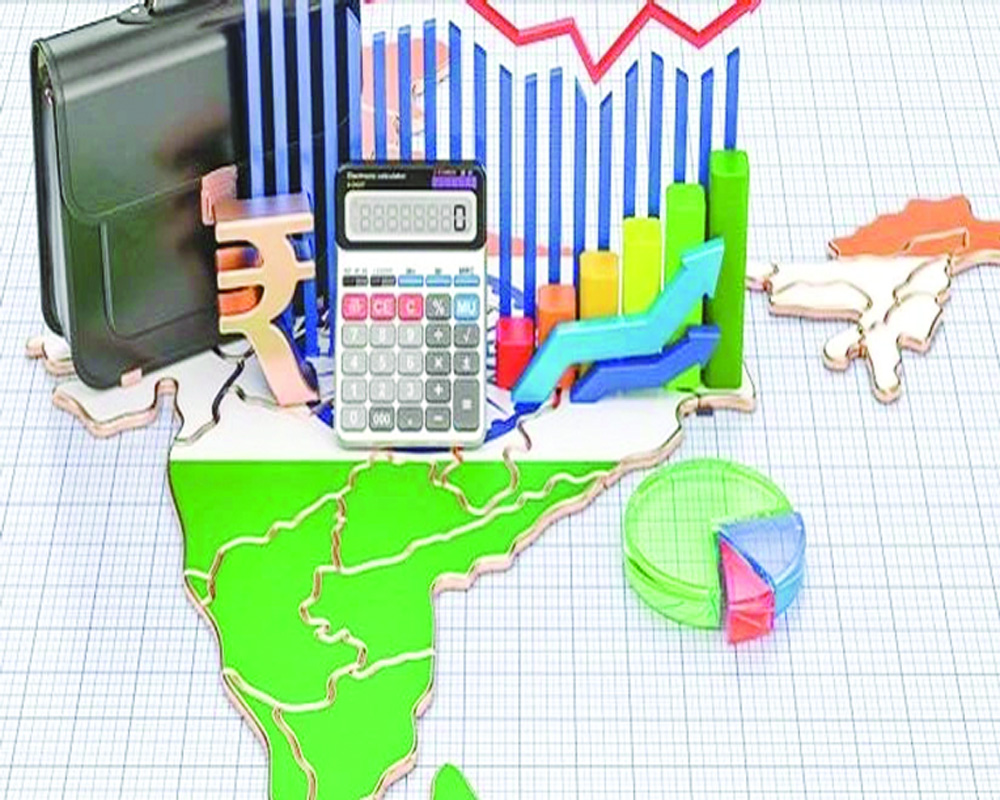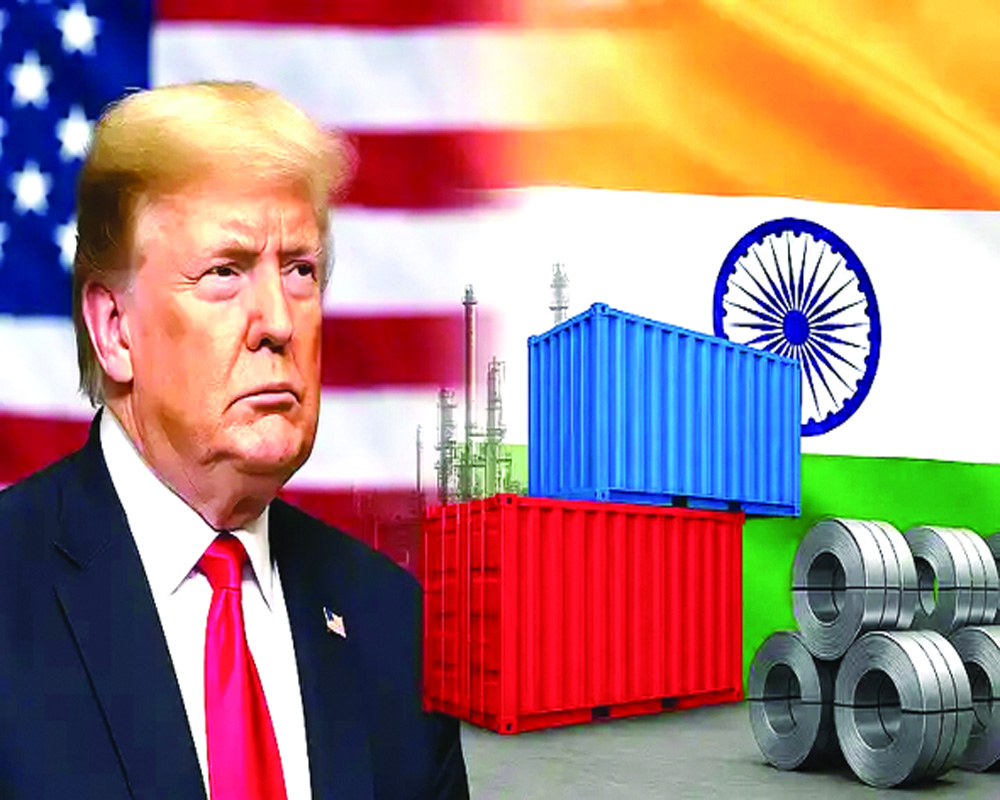

IBC recoveries declining, resolution timelines getting prolonged: Crisil
<button class="flex ml-auto gizmo:ml-0 gap-1 items-center rounded-md p-1 text-xs gizmo:gap-1.5 gizmo:pl-0 dark:text-gray-400 dark:hover:text-gray-200 disabled:dark:hover:text-gray-400 hover:text-gray-950 md:invisible md:group-hover:visible md:group-[.final-completion]:visible"></button>
<form class="stretch mx-2 flex flex-row gap-3 last:mb-2 md:mx-4 md:last:mb-6 lg:mx-auto lg:max-w-2xl xl:max-w-3xl">
</form>
IBC recoveries declining, resolution timelines getting prolonged: Crisil







 OpinionExpress.In
OpinionExpress.In















Comments (0)